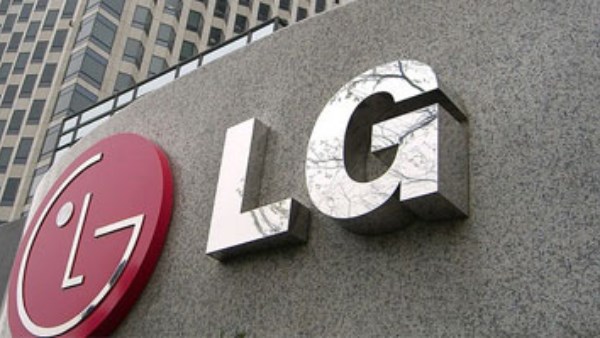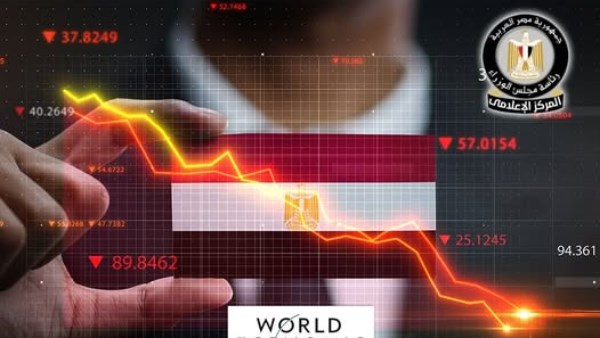
Trump sent global markets into chaos on April 2
Trump is 'shredding' credibility with allies while China benefits, former national security advisor John Bolton says

U.S. President Donald Trump's moves to take China to task on trade are likely to backfire as his sweeping global tariffs hit allies as well as rivals, according to former national security advisor John Bolton.
"This is certainly not the way you treat your friends. You don't slap them in the face publicly and say, I'm going to tariff you unless you do better on trade negotiations," Bolton told CNBC's Dan Murphy on Monday.
"And in fact, the one country that really deserves a trade war — China — we've put them in a much better position strategically by going to war on tariffs with our best friends, whereas if we had all joined together, maybe we would have had an impact on China's behavior. So, this is a not just an economic blunder, which I think it clearly is. It's a strategic blunder that's going to cost the United States dearly if this tariff policy isn't reversed."
A White House spokesperson was not immediately available to respond when contacted by CNBC.
Trump sent global markets into chaos on April 2, which he termed "liberation day," unveiling tariffs on nearly every country and territory based on a calculation that economists roundly criticized as nonsensical. A blanket 10% tarrif on imported goods was imposed globally, while many countries faced much larger levies based on the U.S.'s trade deficit with them — a move Trump described as "reciprocal" despite the metric being unrelated to tariffs.
Within a few days that saw market mayhem, trillions of dollars of wealth erased, and a spike in U.S. treasury yields, Trump announced a 90-day pause on the larger tariffs but maintained the blanket 10% measure on all countries, including Washington's closest allies, as well as prior 25% tariffs imposed on Mexico and Canada. He then increased levies on China, which had already responded with its own tariffs on U.S. goods.





-1120252475029447.jpg)















